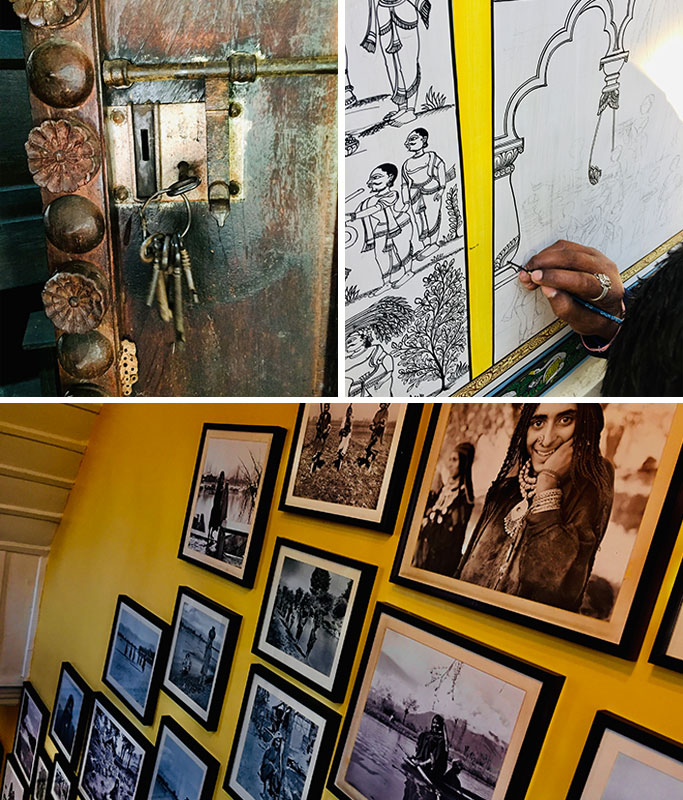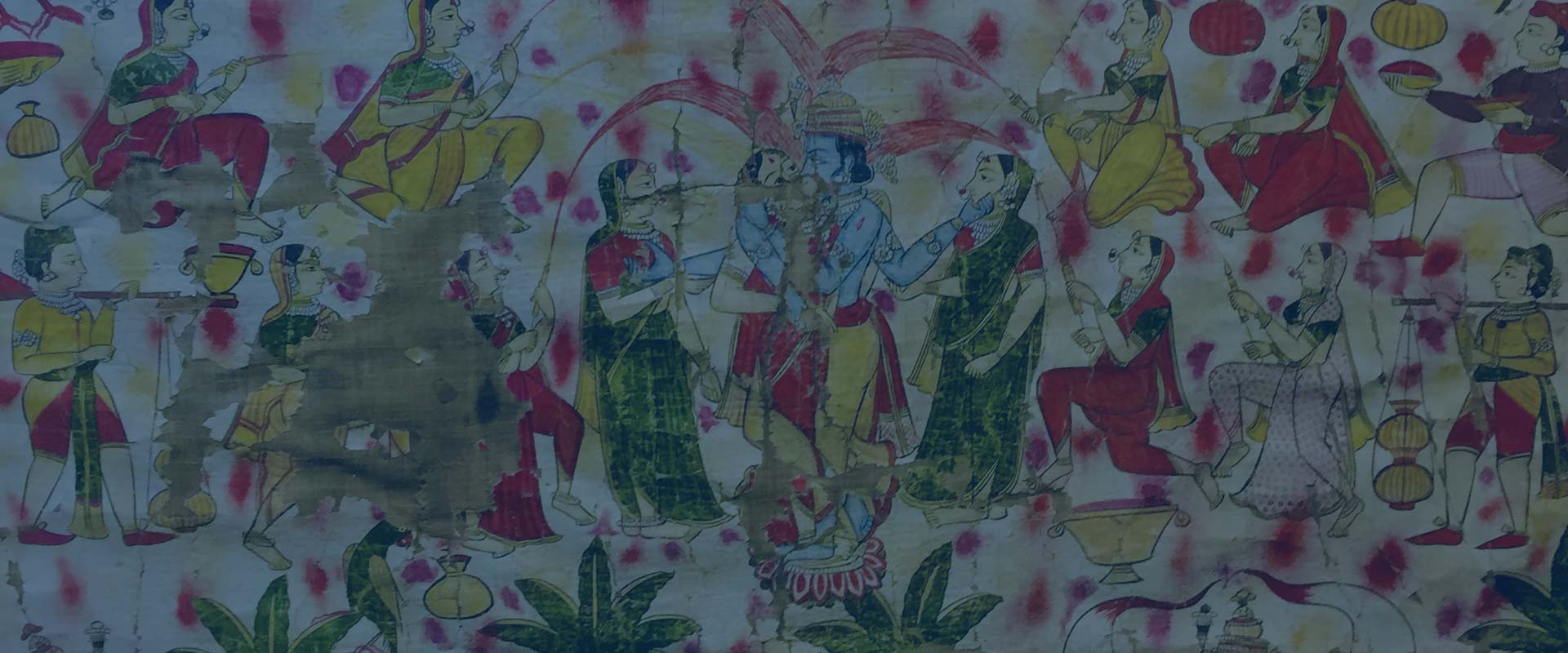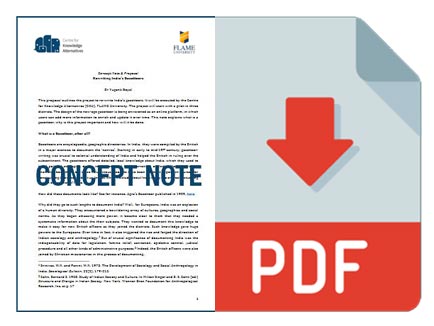
The first project of the Centre for Knowledge Alternatives is to re-imagine and re-create India’s gazetteers
Gazetteer is a British idea. They wrote the first gazetteers painstakingly, documenting exhaustive information about us at district level. After independence, the process has remained unattended in most states.
Gazetteer, very simply put, is a comprehensive encyclopedia of a region (city/town etc.). Gazetteer of a district is what 9.8 m/s2 is to gravity, what paint brush is to imagination or what a resumé is to knowing a person professionally.
We may know a lot about India. How much do we know about its districts? How many cars are there in Hubli? What folk songs do people in Barabanki sing? How many girls study in schools in Kutch? Simple information at district level is difficult to find. If one really needs it, one has to go to the RTO office of Hubli, spend weeks chatting with villagers in Barabanki and district’s Basic Shiksha Adhikari’s office in Kutch to find such information.
If you set aside a few metropolitan cities, we can’t easily find district level information in India. District administrations’ websites are woefully inadequate.
Does this need to be this way? Must we rely on Wikipedia’s nominal entries or Lonely Planet’s tourist-centric information to find out more about our local cultures and development? More importantly, can we afford to not have decentralized repositories of knowledge in our ever-so-diverse country?
The project aims to re-write and re-imagine the district gazetteers of India. It will map, document and create a hub of local data and cultures pertaining to the districts.
We evolve a framework for the new-age gazetteers and do a pilot for 2-3 districts in the beginning.
Here is the Concept Note of the Project.


